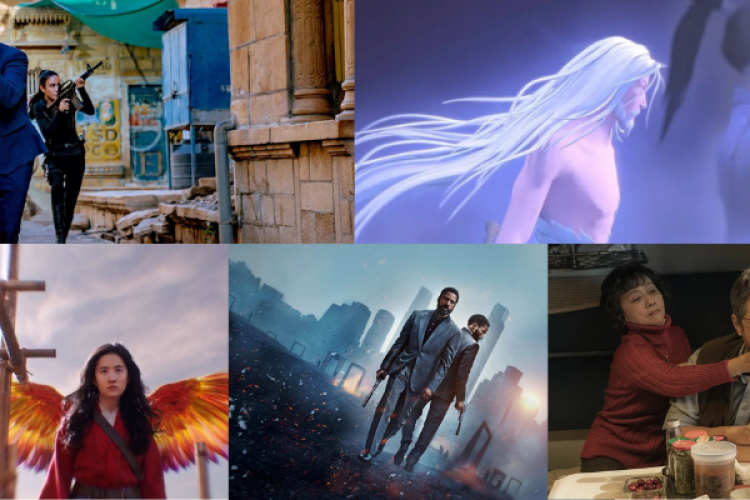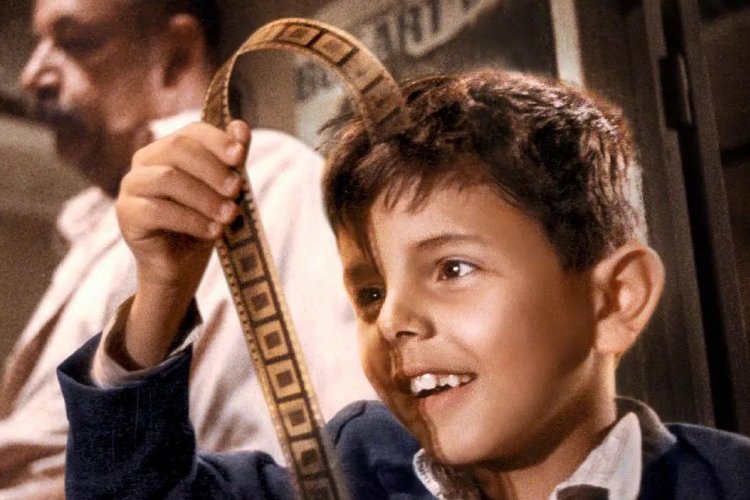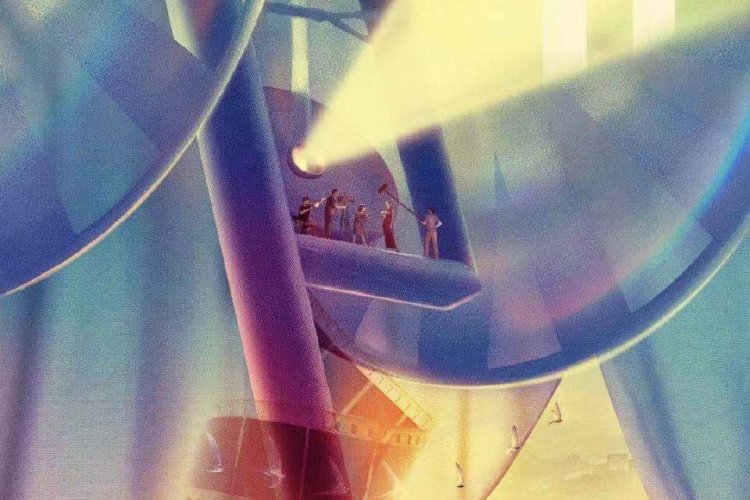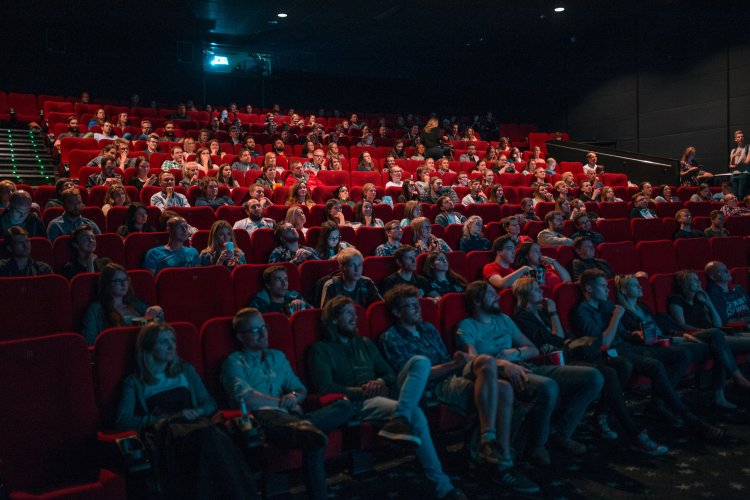The Dark Night of Negotiation
Two months ago, I went to watch The Amazing Spiderman and The Dark Knight Rises at Shuangjing UME. It was the midnight premiere and they were showing the movies in IMAX, one after the other. For RMB 200.
Spiderman played without incident, but about 40 minutes into The Dark Knight Rises, the sound slipped out of sync. Christian Bale’s mouth moved but Marion Cotillard’s voice came through, like some strangely dubbed kung fu movie.
I looked at my phone. It was past three in the morning.
After a while the screen went black and the house lights came on. Popcorn and water bottles were thrown at the screen.
Eventually, a theater employee in a yellow shirt walked in. He had the look of someone chosen to be ritually sacrificed.
“Could I have everyone’s attention?” His voice echoed in the cavernous theater. “There is a technical problem with the projector. We are very sorry.”
A silence hung in the air. The employee just kind of stood there, like he was waiting for us to leave. Suddenly, a voice boomed from the back.
“Are you asking us to leave? You owe us a movie!” The man, named Mr. Hu, was pissed.
“Umm … okay then,” the employee stammered.
“Please be patient. We’ll try to fix the projector.” He scurried off.
Over the next hour, the film started, restarted, skipped forward and jumped backward, but Bruce Wayne still sounded like Miranda Tate.
People began to trickle out of the nearly full theater, but not Hu. His indignation rose with each failed attempt to fix the projection. His curses grew louder and he paced back and forth, waiting for the employee to return. He assured us that we’d get compensation, but only if we stuck together. He was like a Chinese Cesar Chavez.
Around 4am, Yellow Shirt reappeared. He was greeted with chants of “Give us our money back!” but he was clearly not in a position to authorize such a deal.
“All I can do is move you to Theater 2. You can finish watching the movie there,” he said. Hu, who by now was acting as our unelected union representative, immediately snapped, “Is Theater 2 IMAX?”
“No …”
“Then why would I go there? Did I spend 200 yuan on an IMAX ticket to watch the movie on a regular screen?”
“Sir, there’s no other way …”
“There is another way. Give us our money back.”
“I can’t. The box office is closed.”
“Then call someone who can open it up.”
“I can’t. The person with the key won’t be in until morning.”
At this point, Hu got right up in Yellow Shirt’s face and started yelling.
“You can end this right now,” he said. “But if you keep stalling, the price is going to go up.” This seemed to resonate and Yellow Shirt disappeared again, but not before promising to call his manager.
As the night wore on, more and more people left, to Hu’s dismay. He reminded us that, as often with disagreements in China, whichever group had the most people shouting was likely to win the argument. Every person that walked out the door hurt our bargaining position.
Around 5am, a manager in a white shirt and tie walked in, flanked by a row of theater employees, including Yellow Shirt. They stood in a line behind him, blocking the exit. We had entered the endgame.
The manager was met by Mr. Hu and our dwindling mob of irate theatergoers. Less than a quarter of the original crowd remained – we were nearly outnumbered. If we were going to see a dime, we’d have to end this now.
“First, I’d like to express my apologies,” said the manager. “What I can do is offer everyone here two free movie tickets.”
“Why the hell would we want to come back to this place?” Hu asked. “Are we masochists?” Point Hu.
“Then what do you want?”
“Double our money back.”
The manager scoffed. “That’s not possible.”
Shouts from the crowd.
But Hu was unfazed. After thinking for a moment, he announced resolutely: “The fact that we are here right now should tell you two things. First, we have enough money to be here, so you aren’t going to just brush us away like peasants. Second, we came to watch two movies at midnight, which means we don’t have anything to do tomorrow.”
This was a bluff, but the manager seemed to buy it.
Sensing an opportunity, Hu doubled down.
“Who isn’t working tomorrow?” he asked the audience.
Hands went up.
“Who is willing to take a day off work and stay here?”
More hands.
“When’s your next showing? 9am? That’s about four hours from now. Maybe we’ll just camp out here until then and see if you’ve fixed it. If not, then we’ll stay for the next showing at noon. We’ll send someone out to McDonald’s for breakfast and stay here all day. How much money will you have lost then?”
That was the genius of Mr. Hu. He understood something very deep about customer service in China: The customer is always wrong, until they start threatening profit margins. The moment the manager heard our plan to Occupy UME, his eyes went wide. Only then did he start to earnestly search for a solution.
From there, it was simple. The manager stepped out, made a call to his boss and, within 15 minutes, we were walking out of the theater and handing the employees our ticket stubs. They wrote a note on each one, promising a refund twice the face value of the ticket.
Though we were tired and most of us had work in a couple of hours, we felt pretty good. We had stood up for our rights. We had fought The Man and won.
That warm feeling lasted until later that day, when, bleary-eyed and comatose, I read about a similar incident in Tianjin. The audience there had also stayed in the theater for hours. But in the end, they had gotten five times their money back.
Click here to see the November issue of the Beijinger in full.
Photo: lyricis.fr






